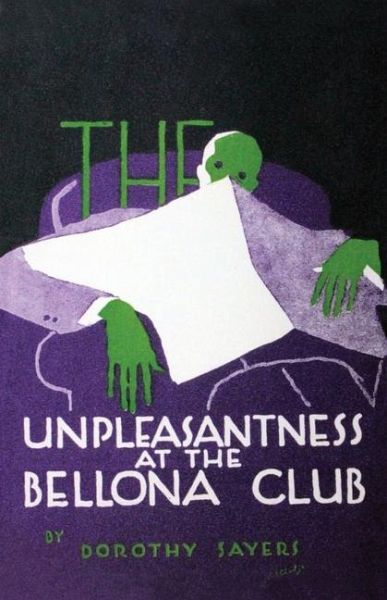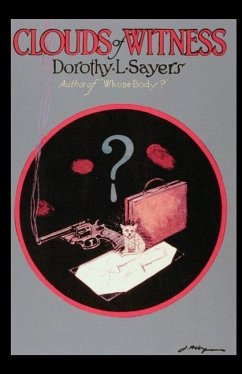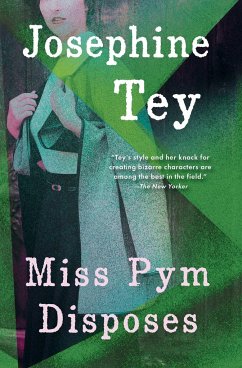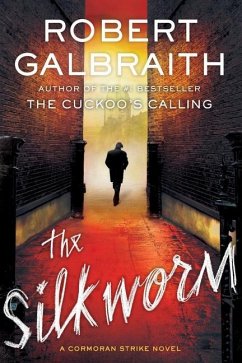
The Unpleasantness at the Bellona Club
Versandkostenfrei!
Versandfertig in über 4 Wochen
12,99 €
inkl. MwSt.
Weitere Ausgaben:

PAYBACK Punkte
6 °P sammeln!
Counted among the four "Queens of Crime", Dorothy L. Sayers was an English writer best known for her upper-class amateur sleuth Peter Wimsey, who first appeared in "Whose Body?", Sayers' 1923 debut novel. Sayers is noted for having advanced the genre of detective fiction from the simple solving of puzzles to stories rich with characterization. The fourth installment in the Lord Peter Wimsey series of detective novels, "The Unpleasantness at the Bellona Club" was first published in 1928. Here we find the amateur sleuth investigating the deaths of Lady Dormer and her estranged brother General Fe...
Counted among the four "Queens of Crime", Dorothy L. Sayers was an English writer best known for her upper-class amateur sleuth Peter Wimsey, who first appeared in "Whose Body?", Sayers' 1923 debut novel. Sayers is noted for having advanced the genre of detective fiction from the simple solving of puzzles to stories rich with characterization. The fourth installment in the Lord Peter Wimsey series of detective novels, "The Unpleasantness at the Bellona Club" was first published in 1928. Here we find the amateur sleuth investigating the deaths of Lady Dormer and her estranged brother General Fentiman at the Bellona Club, a London club for war veterans. Besides the strange coincidental nature of their deaths is the fact that the fate of a substantial inheritance depends on whoever died first. Suspecting mischief, Wimsey is on the case. Lovers of mystery will delight in this classic from the golden age of detective fiction. This edition is printed on premium acid-free paper.













